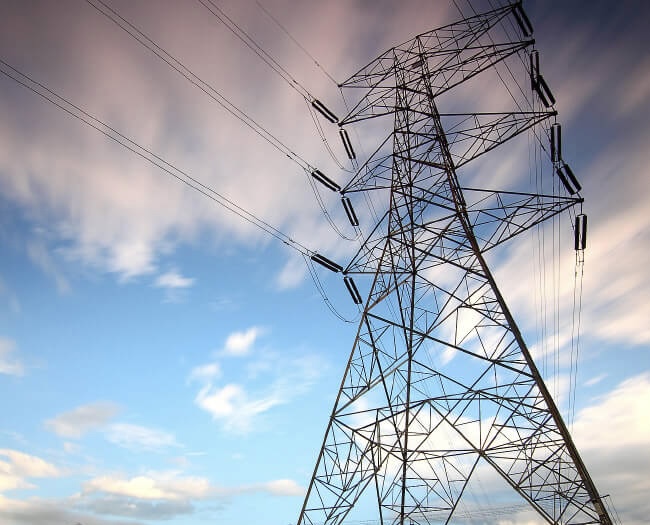KEY POINTS
- Supplier Jessie Phindile Kubheka sentenced to 12 years (partly suspended) for fraud and laundering tied to Tutuka power station.
- She must repay Eskom R2.6 million defrauded through inflated invoices and undelivered containers.
- Eskom consolidates investigations under new GIS unit, pledges stronger crackdown on corruption.
The conviction of a supplier implicated in a corruption scheme at the Tutuka power station, a facility long beset by graft and poor management that have exacerbated the nation’s rolling blackouts, has been warmly received by South Africa’s power company, Eskom.
Earlier this month, Jessie Phindile Kubheka, the director and majority shareholder of one of the implicated companies, was sentenced to 12 years in prison by the Middelburg Specialized Commercial Crimes Court in Mpumalanga. Due to a 2020 contract that defrauded Eskom of R2.6 million, Kubheka was found guilty of fraud and money laundering.
Investigators found that Kubheka’s company delivered only one container to Tutuka despite being paid for three, while inflating invoices far above the agreed value of R60,000 per container. The scheme formed part of a broader web of fraudulent activity at the plant, which has been at the center of several criminal probes.
Eskom Tightens Controls as Graft Crackdown Widens
Kubheka was ordered to pay back the entire R2.6 million, even though the 12-year sentence was partially suspended under strict conditions, with five years for fraud and four years for money laundering suspended.
Since then, the utility has combined its security, forensic, and investigative departments into a single Group Investigations and Security (GIS) division that answers directly to the CEO. After years of damaging scandals, the GIS now collaborates with the NATJOINTS Energy Safety and Security Committee to expedite cases, safeguard Eskom’s assets, and restore public confidence.
Eskom Chief Executive Dan Marokane said the ruling reinforced the utility’s resolve to root out corruption.
“Our commitment to eliminating corruption remains unwavering,” Marokane said in a statement. “Fraud and corruption will not be tolerated. The vast majority of Eskom employees act with integrity and dedication. We will pursue those who betray the organisation and the country with our law enforcement partners.”
About 90% of South Africa’s electricity is supplied by Eskom, which has been at the core of the nation’s economic problems for decades due to operational and governance issues. The utility still faces systemic issues that extend beyond a single case, even though the conviction represents a victory in its anti-corruption campaign.



